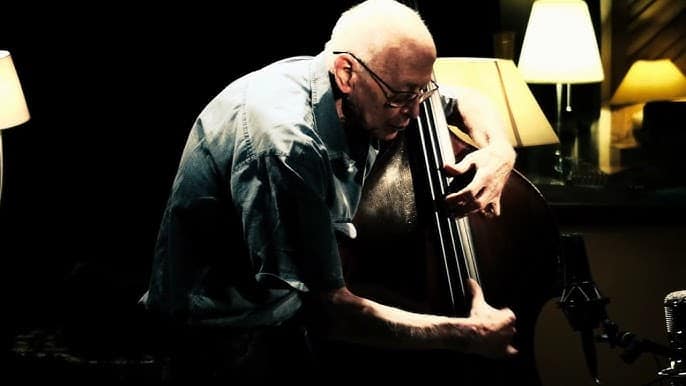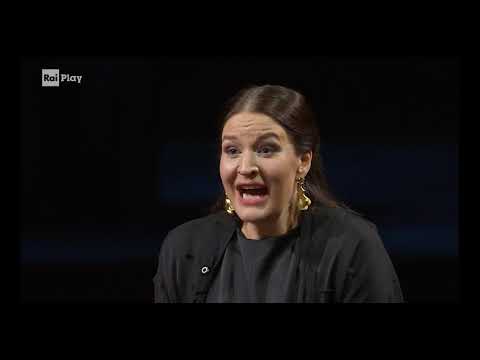Today, the world changed
mainAnybody notice that today is the 200th anniversary of the first performance of Beethoven’s fifth symphony? It was 22 December 1808 at the Theater an der Wien, if Thayer is not mistaken.
The orchestra played badly, the hall was cold and audience tolerance was exhausted by an overlong programme.
But this was the night that the symphony shed its courtly deference and became a universal art form – a work that represented fate and the individual, and indicating that a free person can take control of his or her own destiny.
Beethoven Fifth is the beginning of liberation.





Anecdotally,
It also demands a low C of the Double Basses in the second movement, (requiring the innovation of the C extension string allowing double basses a lower bottom note) – it is as if the very marrow of the fifth sought to advance music, technically and artistically.
I love Beethoven’s Fifth as much as the next guy. And there’s no question that the piece changed the trajectory of Western classical music. So by all means, let’s mark its 200 hundred years.
But I’ve got two bones to pick:
1. The symphony is not, and never was, and probably never will be a universal art form. The only one I can think of might be the song. The symphony, qua Beethoven’s fifth or Mahler one, appeals to a tiny sliver of the population and is totally incomprehensible to large swaths of the humanity. So let’s, as classical music lovers, bloggers, and plain people, avoid such totalizing statements.
2. I presume that you mean that Beethoven’s Fifth is the beginning of liberation for the people that have heard it – that it somehow inspired their spirit of indiviudality and self-knowledge, so that they can, upon hearing this piece of music, realize their unique selves. Come on. It’s been 200 years – Beethoven’s Fifth is, for a great many, 4 notes (you know which ones I mean.) It doesn’t mean liberation to those people, it means comic overseriousness.
NL to Alex: Depends what you mean by ‘universal’. Perhaps ‘universalist’ would work better. What I meant was that it spoke for, rather than to, humankind. Whether it is, or ever was, taken up for mass consumption is, in this context, less important.
> this was the night that the symphony shed its courtly deference and became a universal art form…
Wouldn’t you say that happened the night the Eroica was premiered?
NL to John Grabowski: Interesting thought, but no. The defiance in the Eroica was expressed in the change of dedication rather than in content. The Fifth is really the first symphony that stands out for the individual against fate and the forces of society, no?
I deny that a person can take control of his destiny to that extent, and I certainly deny that one who tries it is free.
I love Beethoven’s music but see fit to ignore his outlook and his opinions. . . . .
When I was a bass player in an orchestra (I have played the 5th many times) I got the low C by the exedient of a fifth string.
It has its strengths and weaknesses. The extra string lessens the punch and incisiveness of the instrument, and the flatter and larger bridge means that the E string cannot by dug into as it should be. But the contra C most often makes up for this.
Actually this nonsense about the liberation of man is part of why i gave up bass playing. Such talk is too pretentious altogether
NL to Steve Meikle: if music is just a pretty noise and art has no meaning, why bother to mess with it at all?
NL asks why bother if it is pretty noise and meaningless.
Mere pleasure. Entertainment: nothing else. turning composers into prophets makes them intrinsically ridiculous. Mere pleasure, I say
Is that not enough? It’s not enough for me to put up with the egos and pressure of an orchestra but it is enough for listening.
are you a puritan who cannot simply enjoy a thing so needs to give a serious meaning to it?
NL to Steve: Actually, no. If you expect so little from art, why bother? Get out into the open air, listen to the birds, smell the flowers. They are fit for purpose, no subtext, pure enjoyment. Art is what elevates us above natural phenomena, the advancement of creation.
your responses to me touch philosophical issues which are fascinating
you are saying that you need a subtext. and you make a dichotomy between art and nature, implying that man and nature are somehow not the same (if you are an evolutionist this is utterly irrational, for what exists is nature as there is nothing else). If something exists beyond nature then you are a theist, and that changes EVERYTHING. Besides Aren’t I allowed to enjoy both a symphony and a sunrise?
As for the need for an idea to art (the subtext)- why? aren’t you turning art into propaganda? This is a fundamentalist christian idea
Actualy i sense a disdain for nature here in your need to be elevated above natural phenomena, akin to the motive behind the gnostic heresy.
because i expect no more from art than it can rationally bear my listening to it, or looking at it is no trouble. to cut music out of my life would be to deny i am a born musician, the opposite error to make art the meaning of life, mine or life itself. For it is not, it is only entertainment. nothing wrong with that except musicians need to think that their evoked emotions require something altogether more lofty. Increasingly i see that the sublime and the seeking of the sublime *are* ridiculous
back to the start of your contention, man is everywhere in chains. art does not ennoble, and it does not morally improve. After all I understand that Hangman Heydrich, nazi chief of the ecurity Service (SD) was a cultured man who played viola in a quartet. And tolstoy’s marriage was hell on earth. So much for being liberated by ideas in art.
If a life seeks enrichment by art then it is deeply impoverished to start with.
NL to Steve Meikle: As it happens, I pause to enjoy the birdsong in a tree across the road every morning as I leave the house. You have touched on a much larger topic. I may return to it in future.
Dear Norman Lebrecht, 2008 marked also the 10th anniversary of the passing of the Russian German composer Alfred Schnittke. And more than Beethoven 5th ever did, the day I heard Schnittke’s music really changed my world. I tend to live with my time… Not to be outdone, when I heard Beethoven’s symphonies 6th and 7th conducted by Carlos Kleiber on Orpheo label, I felt I lived in Beethoven’s time… Kleiber, Schnittke… I must be politically incorrect.
NL to Marc Villeger: I assume you know the Schnittke cadenza to the Beethoven violin concerto.